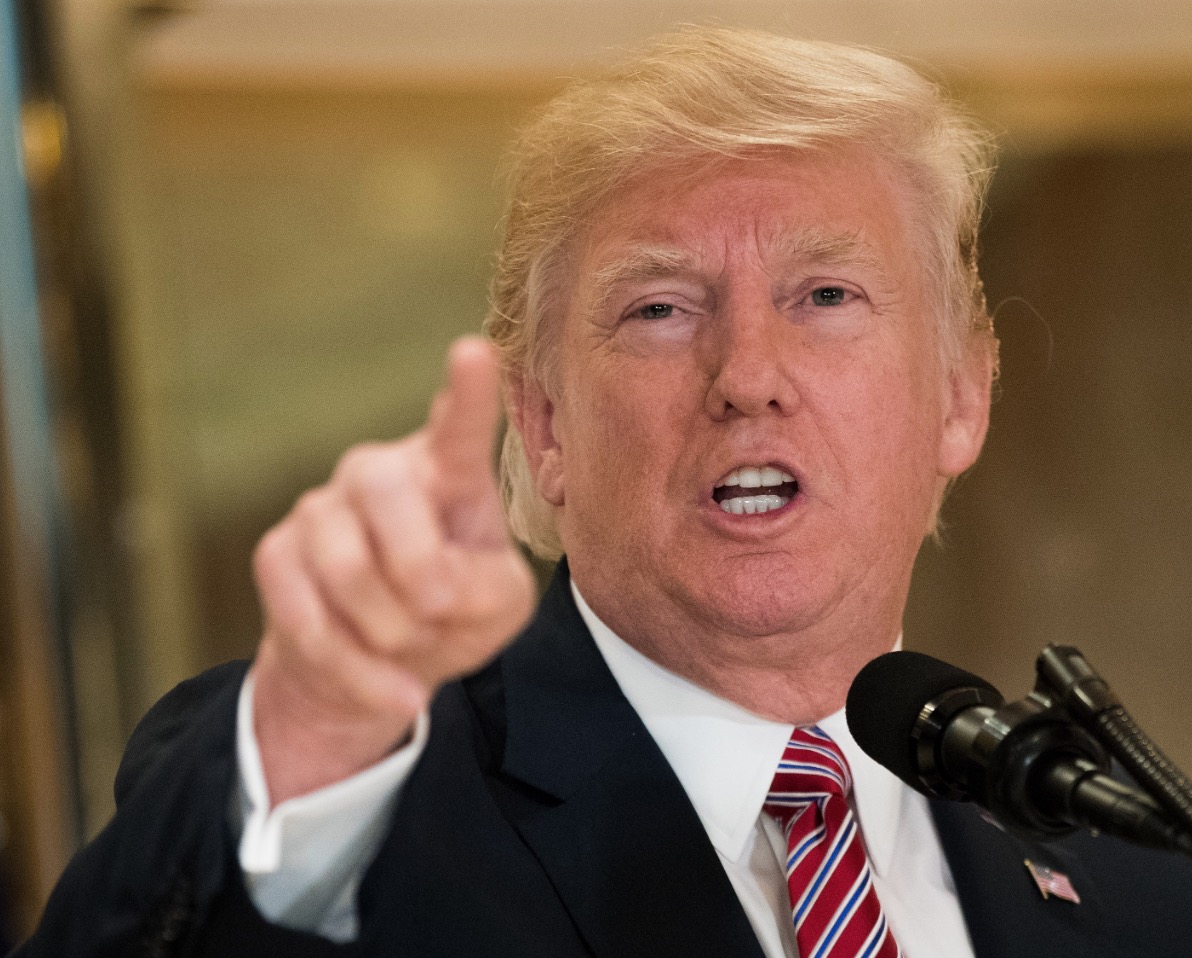From the moment that he became a presidential candidate in 2015, Donald Trump reignited the debate over illegal immigration and brought it back to the center of national attention, all while becoming its most controversial figure. While announcing his campaign at Trump Tower, Trump blasted U.S. immigration policies for supposedly weakening the economy and contributing to any number of the country’s problems. Specifically, he called Mexican immigrants “rapists” who are “bringing drugs” and “bringing crime.”
His solution was simple: a “great, great wall” along the southern border, paid for by Mexico. It was quickly blasted by Democrats and immigration advocates as an ineffective waste of money, and his rhetoric was marked as a textbook example of xenophobia.
That was three-and-a-half years ago. Seemingly against all odds, Trump won the presidency, all the while reiterating his promise that he would indeed build that big, beautiful wall. But since he took office, that promise has evolved, and as of now has yet to become a reality. And as Trump’s base becomes more frustrated with the GOP’s inability to pass any sort of immigration reform, the stakes have gotten even higher for the president.
The intensifying fight over what to do about illegal immigration, fueled by reports of family separations and the deaths of migrant children in ICE custody, has now resulted in a government shutdown fueled by Trump’s demands for government funding for the wall.
https://www.instagram.com/p/BsL63dYlmP_/
Immigration as a hot topic is nothing new for the U.S. government. Since the early 20th century, when nativism fueled policy aimed toward limiting the number of outsiders allowed into the country, American leaders have hesitated to welcome immigrants into the “melting pot” with open arms.
Starting with The Immigration Act of 1924, the government’s policy was explicitly trying to preserve a homogenous American identity that was supposedly threatened by foreigners who didn’t want to give up their cultures and traditions when they got to the United States. Of course, not all of those policies still exist today, but the fact that they made nativism an official national standard laid the foundation of the present-day debate over the place that immigrants have in American culture.
That prejudice and anger was directed toward several groups at different points in history, but the hostility toward those from Mexico and Central America was what fueled Trump’s popularity as a candidate. While Americans in general hold relatively positive views on immigration, there are a lot of people who feel as though certain immigrant groups, specifically those in the United States illegally or those who come from low-income countries, don’t contribute much to the country’s success.
They think that immigrants are dirty, unintelligent and unworthy of living here. A few years ago, the Obama administration led the way in creating a more productive rhetoric surrounding immigration, and it wasn’t socially acceptable to express views that were hateful and xenophobic. But Trump’s popularity served as an indication to many in his base that they were finally free to express their racist attitudes.
It’s been ugly for the past several years, and opinions on the issue are strongly divided by partisan lines. But the current government shutdown has taken things to a whole new level, and in the mess and stress of the standoff, Trump is walking on a thin line. The wall was his signature campaign promise, and the closest he’s gotten to building it was an executive order he signed at the start of his term that laid out no concrete plan for funding. Mexico has repeatedly refused to pay for it, and the wall itself has gone from being a towering structure to more of a fence.
That’s not going to sit well with some of Trump’s fiercest supporters, who might feel as though a compromise on funding would make the president look weak. As it stands, Trump is demanding more than $5 billion from Congress, and Democrats at one point signaled that they were willing to give him just over $1 billion to strengthen existing areas of wall and fencing.
Some Republicans have even floated the idea of promising protection for the Dreamers in exchange for the funding. But Trump has dug his feet in and continued to demand the full $5 billion, assuring that potential savings from a still unapproved NAFTA deal mean that Mexico essentially pays for the wall.
https://www.instagram.com/p/BsMyG26FgtF/
Ultimately, this could make or break Trump’s relationship with the very people who put him into office. After all, if he can’t fulfill his core campaign promise, his credibility takes a shot leading into 2020. If he compromises, then that tough persona he tried to create on the campaign trail looks like all talk.
At the same time, causing a government shutdown never looks good, and no matter how much Trump wants to point fingers at Democrats, his camp will ultimately bear the brunt of the blame. Now that they control the House of Representatives, Democrats have little-to-no incentive to give Trump what he wants, which means that the gamble of shutting down the government for his wall wasn’t worth it. The 800,000 federal employees who are either furloughed or working for back pay would probably agree.
But as much of a political issue as the debate over immigration is, it’s easy to forget that it’s a human issue more than anything else. Americans love to squabble amongst one another about what the right solution is, but as the standoff continues with no deal in sight, countless families are risking their lives making the trek to the southern border just to have a chance of finding a better life here.
For whatever reasons they may have, be it violence or lack of economic opportunities, the journey is worth it for the possibility of one day achieving the American dream. As much as they are vilified and hated by some, their goals are no different than any American citizen. And just as America’s culture of nativism has stood the test of time, so has the incredible resolve of immigrants to risk everything for their future.

















